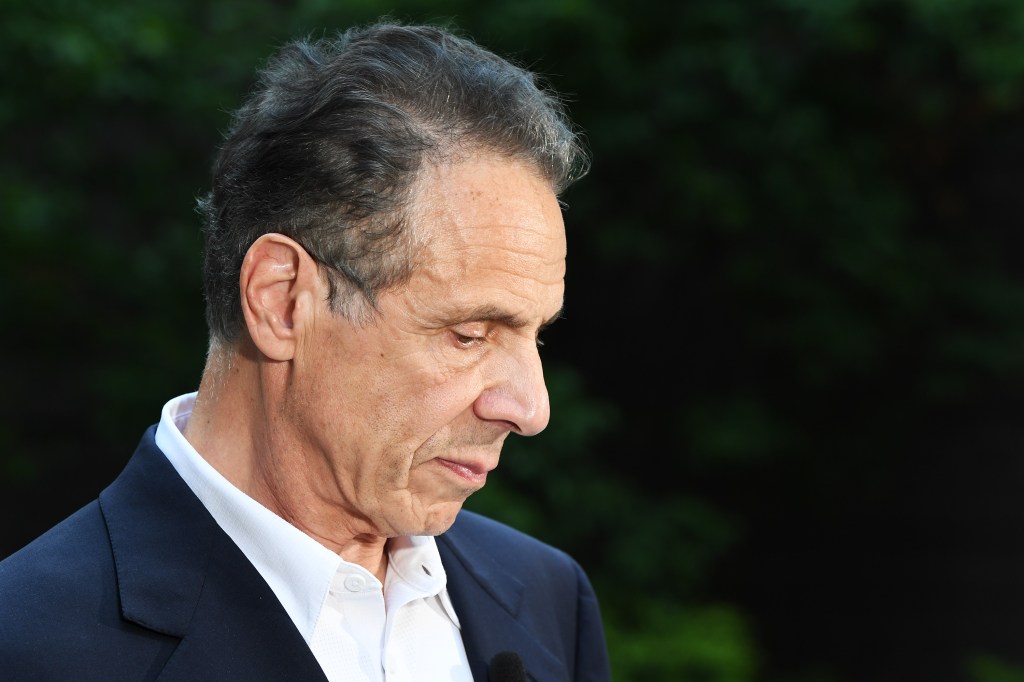The potential election of Zohran Mamdani, the leftist front-runner in the New York City mayoral race, has sparked a complex reaction within the city’s business community. While many are apprehensive about his policies, a growing number are exploring ways to engage with him, hoping to moderate his more radical stances.
Business Community Divided
It’s no secret that Mamdani, with his self-proclaimed socialist views, isn’t the preferred candidate for many in the financial, real estate, and tech sectors. Concerns abound regarding his past advocacy for defunding the police, his economic policies that lean heavily toward wealth redistribution, and his perceived reluctance to condemn certain controversial viewpoints. Some business leaders fear that his election could lead to policies detrimental to the city’s economic health.
However, the business community isn’t monolithic. Some prominent figures believe that Mamdani, despite his ideological leanings, is open to reason and can be influenced by the realities of governing. This faction views him as a potentially “educable” figure who, while perhaps naive, possesses the intelligence to adapt his policies to the practical needs of the city. They are willing to engage in dialogue and seek common ground.
The Current Political Landscape
The mayoral race is further complicated by the presence of other candidates, including the current mayor, Eric Adams, and former governor Andrew Cuomo. The business community’s support for Cuomo has reportedly waned, with many now coalescing around Adams. However, Cuomo remains in the race, attempting to portray Adams as unelectable and positioning himself as the more viable alternative to Mamdani.
Given the uncertainty of the election outcome and the potential for Mamdani to win, some business leaders are proactively considering how to navigate a future under his leadership. Their strategy involves engaging with Mamdani directly, attempting to shape his policies, and mitigating potential negative impacts on the business environment.
The Power of Influence
The business community, while not the largest voting bloc, wields significant influence through campaign contributions and advertising. They have the resources to support their preferred candidate and sway public opinion through targeted messaging. This influence could be crucial in shaping the narrative surrounding Mamdani and potentially swaying voters away from him by highlighting his more controversial positions.
Is Mamdani Malleable?
The question remains: Can Mamdani be molded by the realities of governing? Some observers see him as relatively inexperienced, having spent most of his career in politics after a brief and unsuccessful foray into the music industry. He served in a Queens assembly seat before launching his mayoral bid.
However, a closer look reveals a more complex picture. Mamdani’s background and upbringing have undoubtedly shaped his political views. He comes from a family with strong leftist ideologies, and his academic background at Bowdoin College further solidified his progressive leanings. His social media activity reflects his commitment to policies such as government-run grocery stores and significant tax increases on high-income earners. This raises concerns among some that his ideological foundation is too deeply ingrained to be easily altered.
Seeking Common Ground: Key Issues
Despite the skepticism, efforts are underway to engage with Mamdani and find areas of potential agreement. Kathy Wylde, of the Partnership for New York City, is organizing a meeting between Mamdani and business leaders to discuss key issues. One top priority for the business community is to persuade Mamdani to retain Jessica Tisch, the current police commissioner, if he is elected. Tisch is highly regarded for her efforts to combat crime, particularly in the subway system.
Skepticism Remains
However, some remain unconvinced that these efforts will be fruitful. They argue that Mamdani’s past statements and policy positions suggest a fundamental disdain for the business community, making a genuine partnership unlikely. Some believe that any attempts to moderate his views are merely a facade to win the election, and that he will revert to his radical agenda once in office.
One hedge fund leader supporting Adams expressed surprise at Wylde’s decision to organize the meeting, suggesting that it may be an attempt to maintain relevance as the business community’s support is divided.
A Complex Landscape
The situation is further complicated by the ongoing tensions between Wylde and Cuomo, adding another layer of intrigue to the political landscape. Wylde has been critical of Adams’ ethical missteps and has expressed doubts about Cuomo’s commitment to the city.
Ultimately, the business community faces a difficult choice. Should they actively oppose Mamdani, risking alienating him if he wins? Or should they engage in dialogue, hoping to influence his policies and mitigate potential damage? The answer likely lies in a combination of both strategies, with different factions pursuing different approaches based on their individual priorities and risk tolerance. The coming months will be crucial in determining the future of New York City’s relationship with its business community under a potential Mayor Mamdani.

